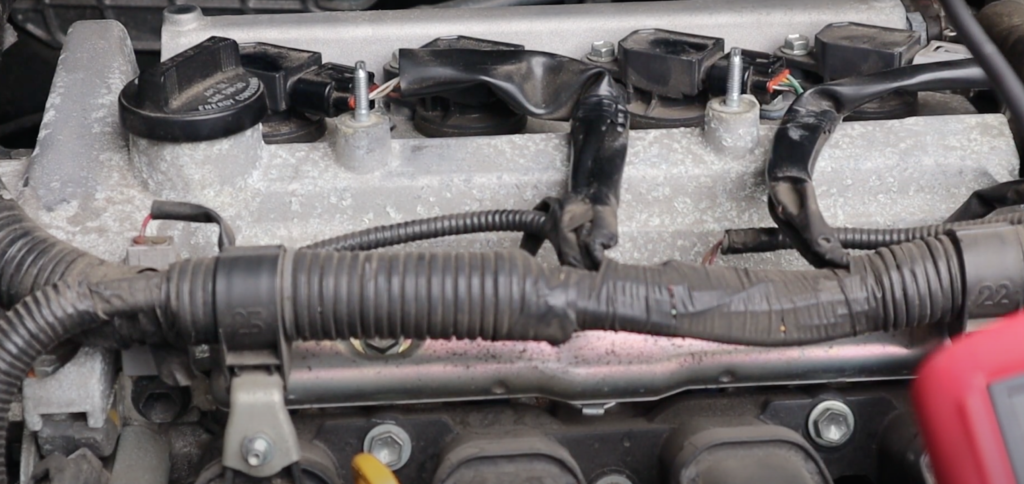Vehicle Ignition Coil Packs In your Car
What are they?
A car coil pack, also known as an ignition coil pack, Coil-On-Plug, or simply a coil pack, is an integral component of the ignition system in many modern petrol vehicles. Its primary function is to generate and provide the high voltage needed to create a spark across the spark plus in order to ignite the air-fuel mixture in the engine’s combustion chambers. Although called a coil pack in reality this device is a step-up transformer.
In older vehicles, a traditional ignition system of a single ignition coil is used to generate the high voltage required for all the engine cylinders. However, in a coil pack system, multiple ignition coils are combined into a single assembly called a coil pack. Each ignition coil within the pack is responsible for supplying the high voltage to the Cylinder Spark Plugs. Most modern day vehicles now use a coil-On-plug pack where there is one coil pack per cylinder mounted directly over the spark plug.

Potential symptoms of coil pack failure
When a vehicle’s coil pack starts to fail, it can lead to various symptoms and warning signs. Here are some common signs that may indicate a failing coil pack:
- Engine Misfires: The most common and noticeable symptom of a failing coil pack is engine misfires. Misfires occur when the ignition coil fails to provide the required spark to ignite the air-fuel mixture in the cylinder. You may experience rough idling, stumbling or hesitation during acceleration, and a loss of power.
- Rough Idle: A failing coil pack can cause the engine to idle roughly or inconsistently. The engine may feel shaky, uneven, or may even stall at idle.
- Decreased Fuel Efficiency: A malfunctioning coil pack can lead to incomplete combustion in the engine, resulting in decreased fuel efficiency. You may notice a drop in your vehicle’s overall gas mileage.
- Difficulty Starting the Engine: A faulty coil pack can make it difficult to start the engine, especially when the vehicle is cold. The engine may crank for longer periods before starting or may require multiple attempts to start.
- Illuminated Check Engine Light: A failing coil pack can trigger the vehicle’s onboard diagnostic system, causing the check engine light to illuminate. It is advisable to have the vehicle’s diagnostic codes scanned to identify the specific problem.
- Increased Emissions: When the engine is not firing properly due to a failing coil pack, it can result in increased emissions. This can lead to a failed emissions test or a higher level of pollutants being released into the environment.
It’s important to note that these symptoms can also be caused by other issues in the ignition system or the engine. Therefore, it’s recommended to have a qualified mechanic diagnose the problem to accurately identify if the coil pack is the cause of the issues.
How long does a Coil Pack last
Coil Packs should last at least 100,000 miles or more although on some occasions have been known to fail sooner than this or equally go on longer so this should just be considered a guide.
Diesel Engines
Diesel engines do not have coil packs as the ignition system works in a different way. Rather than having a spark ignition they work on compression ignition so also do not have any spark plugs. Diesel engine have glow plugs.


